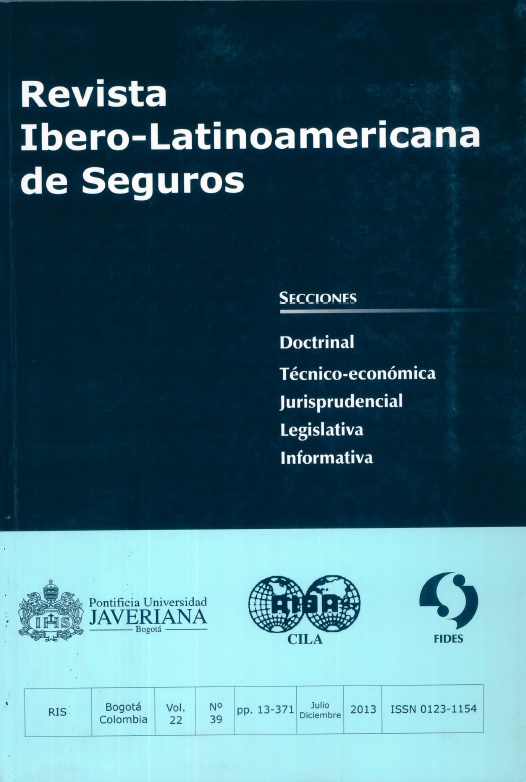Abstract
El avance de las tecnologías espaciales ha desarrollado desde sus inicios paralelamenteun marco jurídico que intenta adaptarse a su rápido desarrolloen los últimos cincuenta años, contando con un marco internacional contenido en los tratados y convenciones internacionales para el desarrollo de las actividadesespaciales, siempre con una perspectiva de fines pacíficos y bienestar de todala humanidad, se va más allá del espacio aéreo para dar lugar actividades ultraterrestreque como en el caso de los satélites constituyen una fuente importante de aplicaciónde las tecnologías creadas por el hombre en la solución de problemas de gran transcendenciapor medio de satélites de observación de la tierra para la atención oportunade desastres, agricultura, cambio climático, y satélites de telecomunicaciones queglobalizan la conexión en tiempo real de toda la información contenida en los mediostecnológicos actuales. Colombia tiene la necesidad de adaptarse este panorama internacionaly desarrollar su regulación interna a este panorama para concretar su avance enlas tecnologías espaciales con claras reglas jurídicas de participación en dicho campo.This journal is registered under a Creative Commons Attribution 4.0 International Public License. Thus, this work may be reproduced, distributed, and publicly shared in digital format, as long as the names of the authors and Pontificia Universidad Javeriana are acknowledged. Others are allowed to quote, adapt, transform, auto-archive, republish, and create based on this material, for any purpose (even commercial ones), provided the authorship is duly acknowledged, a link to the original work is provided, and it is specified if changes have been made. Pontificia Universidad Javeriana does not hold the rights of published works and the authors are solely responsible for the contents of their works; they keep the moral, intellectual, privacy, and publicity rights.
Approving the intervention of the work (review, copy-editing, translation, layout) and the following outreach, are granted through an use license and not through an assignment of rights. This means the journal and Pontificia Universidad Javeriana cannot be held responsible for any ethical malpractice by the authors. As a consequence of the protection granted by the use license, the journal is not required to publish recantations or modify information already published, unless the errata stems from the editorial management process. Publishing contents in this journal does not generate royalties for contributors.


